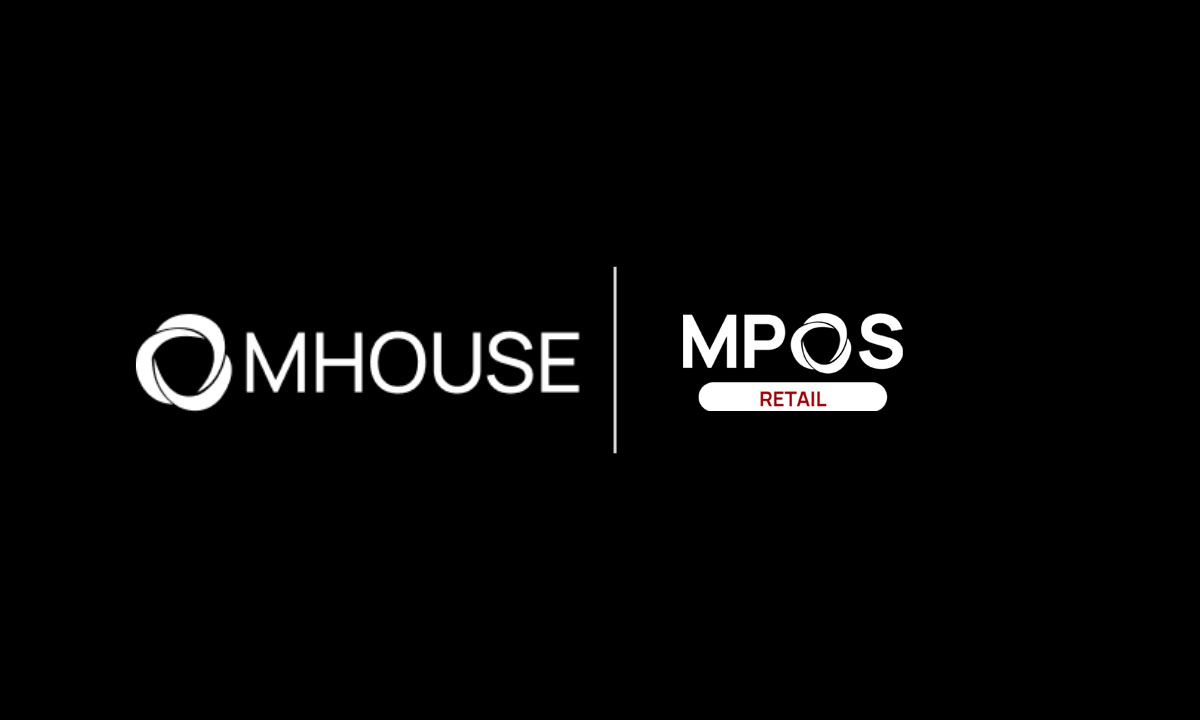Witness the transformation of retail in the U.K. through our lens.
Dive into product insights, industry news, event updates and actionable strategies designed for the modern retailer.

Running a retail business is no easy task. Between managing inventory, handling sales, minimizing losses, and keeping customers happy,